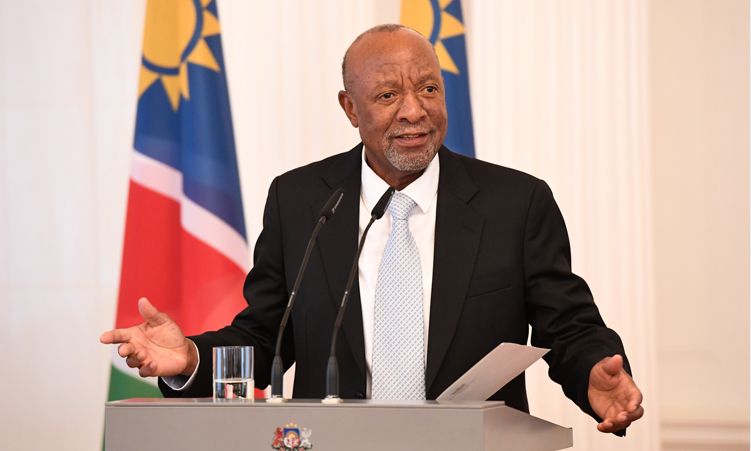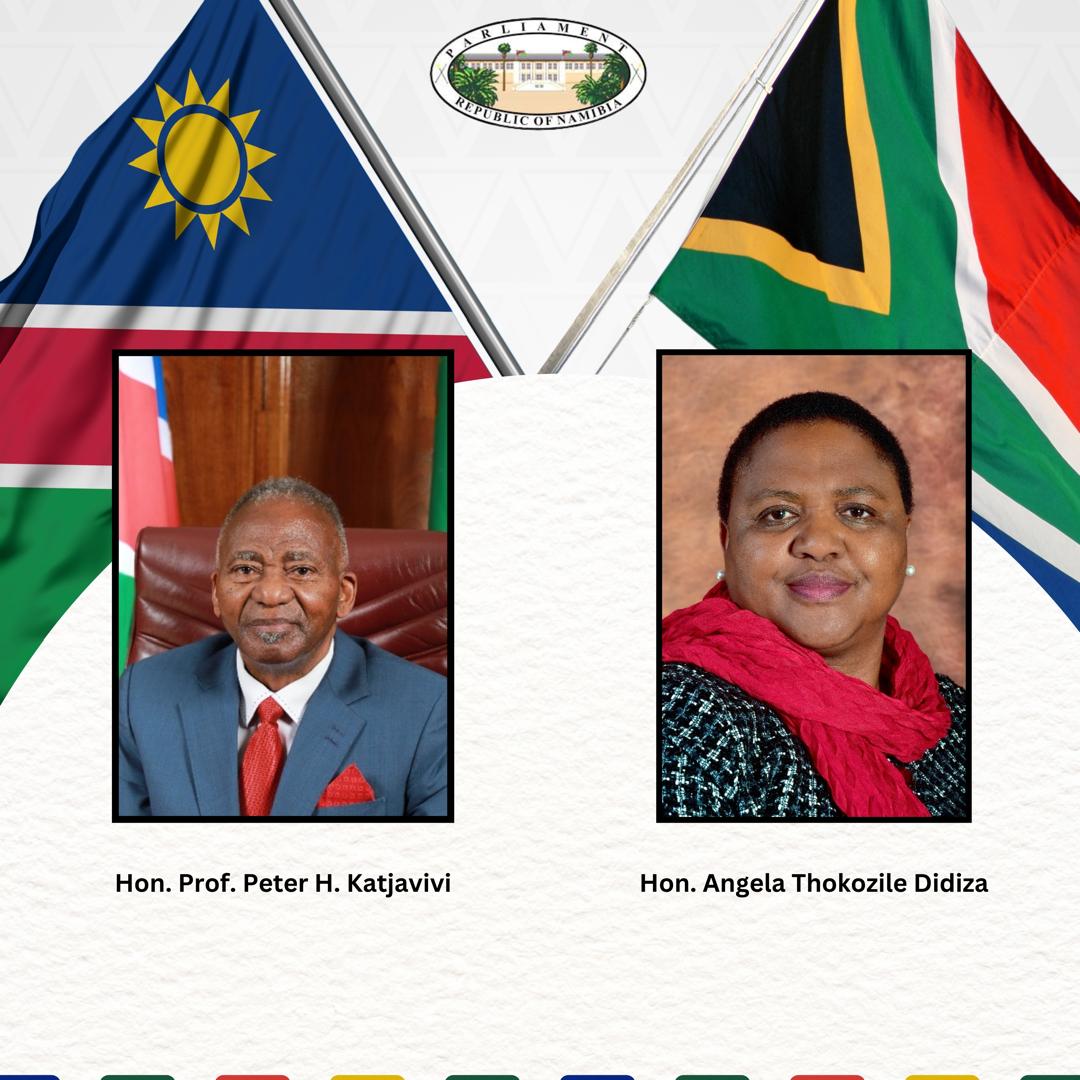Guyana, a former British colony which gained independence in 1966, is a South American country bordering Venezuela and Brazil with a population of 800 000 people.
Reuters reports that since 2015 Exxon Mobil has discovered oil, similar to that reported by Total Energies and Shell off Namibia’s coast.
Guyana was ‘less popular’ prior to this vast find and concerns arose about how it could birth exploitation and address mismanagement and the political conflicts which characterise fellow oil-producing economies.
After its initial oil exports, Guyana’s gross domestic product (GDP) increased from a mere US$824 million (2004) to US$4,13 billion (2014), a 10-year surge of 20%.
The country’s economy is slightly smaller compared to Namibia’s GDP of US$12 billion (2021). However, Guyana now has the fastest-growing GDP globally – an average rate of 25% a year.
KEY CHOICES
In Namibia, the oil journey unfolds at a critical juncture. We are confronted by inequality, youth unemployment and escalating fiscal debt.
Economist Jason Kasuto has said “Namibia’s economic framework fails to address poverty, inequality and unemployment” and allows oligopolies to thrive.
To curb inequality and manage its oil resources transparently, Guyana established the Natural Resources Fund in consultation with natural resources specialist Andrew Bauer.
Guyana’s president, Irfaan Ali, said the aim was to remove the minister’s autonomy over the decision-making, success and welfare of the oil industry.
Those roles would fall to members of parliament, and to autonomous bodies of experts that oversee revenue collection, dissemination, transparency, national savings, development, economic diversity and the investment of oil revenue.
Guyana is also beefing up central government institutions, updating economic forecasting models to study the oil sector’s global prospects, and strengthening its audit capability.
In 2011, the International Monetary Fund established the Natural Resource Wealth Management Fund to help natural resource-reliant developing countries manage their resources efficiently and achieve economic stability.
It also aims to help them plan carefully and mitigate downward economic risks, as well as manage their tax policies and balance development spending.
VULNERABILITIES
Namibia’s heightened level of vulnerability is a lack of inclusivity on oil deals which shield investors’ privileges.
Its closed-door approach to “private-public” business negotiations has drawn criticism.
Likewise, the delay in strategic forward-looking policies is an invitation for scepticism about transparency and trustworthiness.
Namibia’s Welwitschia Sovereign fund was enacted in 2021 before the oil discovery and thus may require revision to focus on Namibia’s oil resource management strategies.
Our current policies don’t have sufficient gravitas to guarantee a stringent level of accountability.
Oil taps directly into a widely observed and functional global market, and Namibia’s regulatory capabilities and leadership integrity will come under the microscope globally.
Any indication of negligence will expose Namibia to the ongoing “oil resource curse” and a sophisticated level of interference.
Policy and regulations should guide the administration of oil revenue at the various levels of investment. Partnership information should be open to dialogue.
Let’s unpack best practices applied by countries on administering “resource prosperity”.
Some countries appoint independent experienced banks to oversee such funds to avoid political interference.
Policy advice on annual withdrawals is based on the amount invested.
A threshold is set to limit the amounts that can be accessed by investment advisers, while larger investment decisions are subject to parliamentary approval.
Some countries limit the national savings threshold and the maximum level of withdrawals from oil funds to ensure long-term availability.
‘RESOURCE CURSE’
Oil hopes can escalate budget spending and development expectations, which can backfire by increasing debt and other macroeconomic risks which leads to a “resource curse”.
Some fiscal rules adopted by Indonesia limit public debt as a percentage of GDP. Botswana placed a ceiling on expenditure-to-GDP of less than 40% of GDP.
According to Bauer, a compelling restriction on the withdrawal of oil revenue adopted by some countries is that sovereign wealth funds are prohibited from using leverage.
Leveraging may increase financial returns, but such additional investments may lose money. This risks not only the fund’s assets but weakens its ability to pay creditors.
Most countries also prohibit the fund itself from borrowing.
Oil revenue without rules can leave a country worse off by creating an artificial economic hype which can deepen inequality.
Another sovereign benefit of natural resource regulations is to empower countries when negotiating equity for future oil discoveries and investments for their own resources without relying heavily on outside sources.
It also supports research, development and local capacity building.
If we ignore the urgency of critical oil reforms, we will find ourselves chasing corruption schemes.
- Rodney !Hoaeb is an independent economic researcher.
Stay informed with The Namibian – your source for credible journalism. Get in-depth reporting and opinions for
only N$85 a month. Invest in journalism, invest in democracy –
Subscribe Now!






